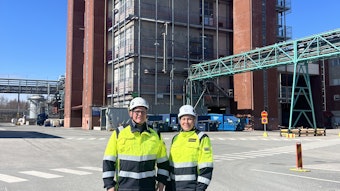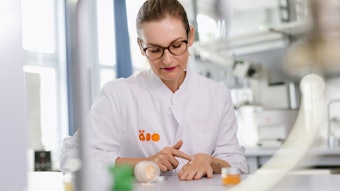On Jan. 15, 2015, Naturex inaugurated its newly expanded production factory in Linares, Chile, which is specialized in quillaia extraction and purification. The inauguration follows the acquisition of Chile Botanics one year ago, after which it rebuilt its factory to offer extended capabilities.
The company's president Thierry Lambert and CEO Olivier Rigaud invited participants on a tour of the newly designed factory. During his speech, Rigaud commented on the group’s ambition to conquer new and emerging markets along with the important role of creating long-term value through quillaia, a highly sustainable resource, as part of this plan. He also emphasized the success of the group’s development strategy and its orientation towards a sustainable future.
The group has doubled the number of local employees to match the size of the expanded facility. Today, the site is fully dedicated to the extraction and purification of quillaia, a native evergreen tree that can be used as a foaming agent and emulsifier. Future projects will aim at diversifying the production site and processing other local botanicals. “We have increased our production capabilities by 10 and it will help us gain significant shares of the quillaia market,” said Rigaud. The ingredient is most widely used in the beverage industry, but the group has recently extended the range of applications to flavor and color emulsions.
The Linares facility is based close to quillaia harvesting areas in the south of Chile. This ensures that the high quality extracts are produced sustainably from an abundant source in line with the objectives of the Pathfinder sustainability strategy. Moreover, the company fully manages the process of extraction and purification in a dedicated factory, guaranteeing full traceability. Following the new organization the facility is designed to obtain the highest standards in food certification. “We have strong ambitions in Chile and Latin America,” stated Rigaud. “After the acquisition of Chile Botanics, it seemed natural to invest in this factory in order to be able to answer the need for natural ingredients in the Latin America region and better respond to worldwide demand.”










